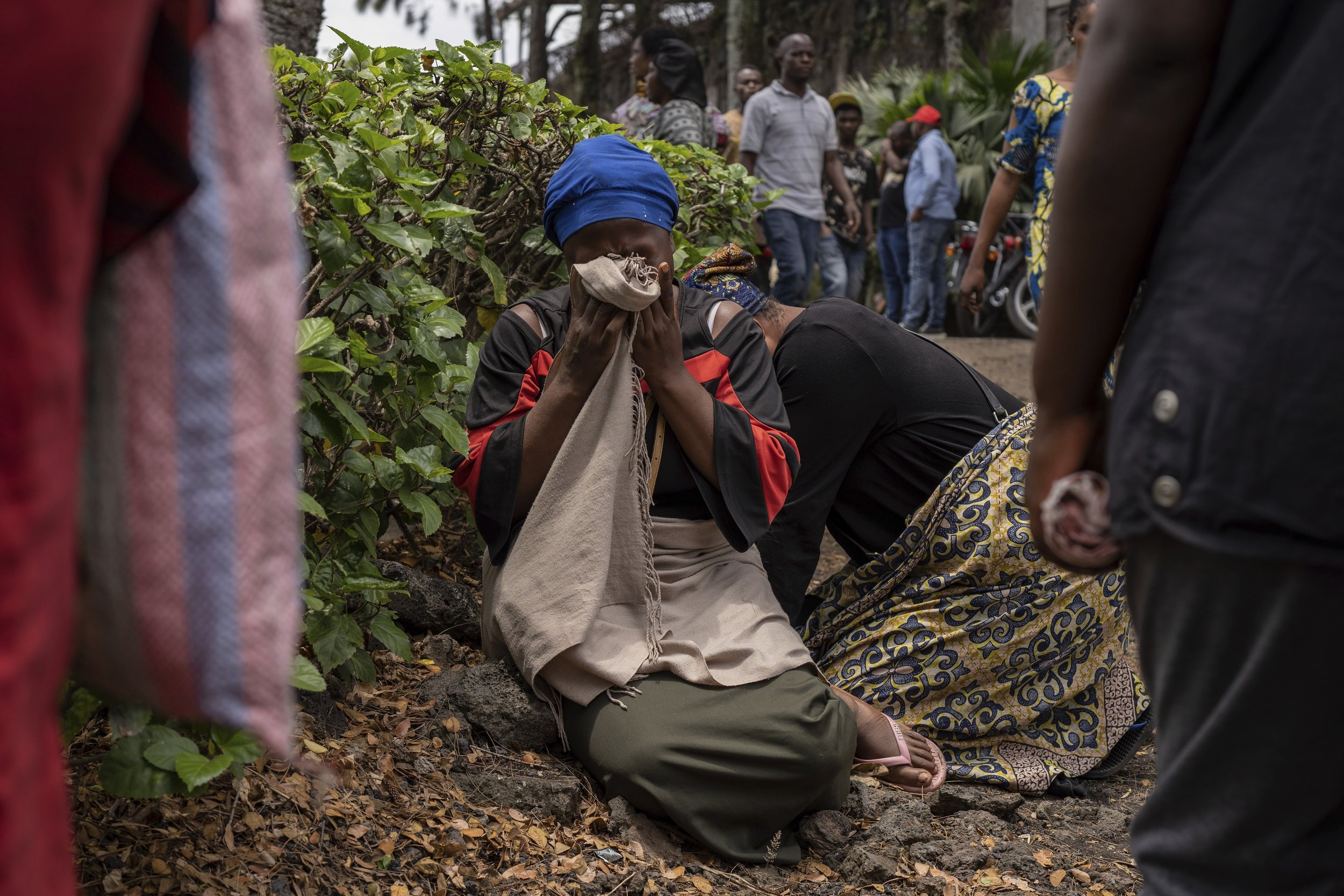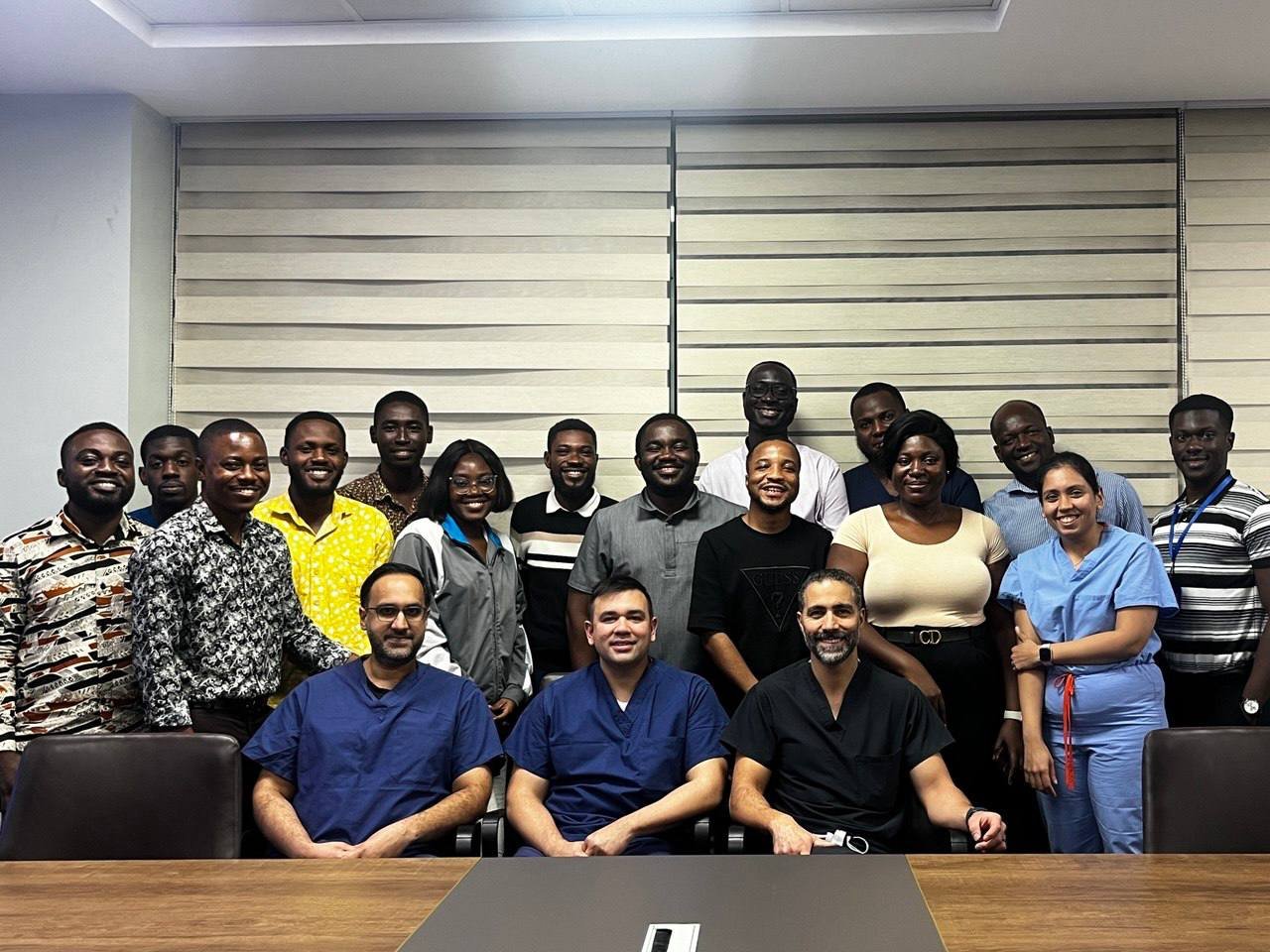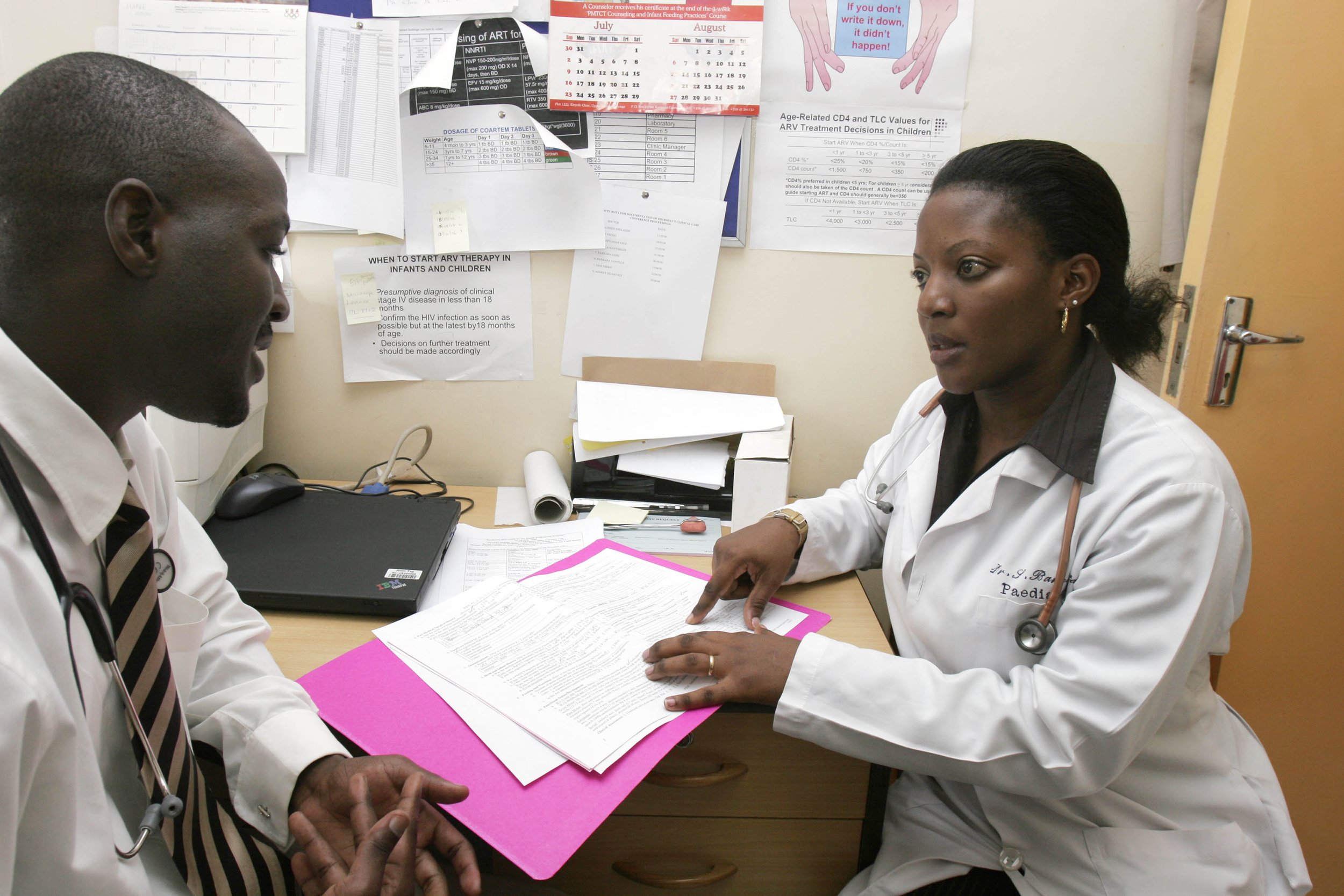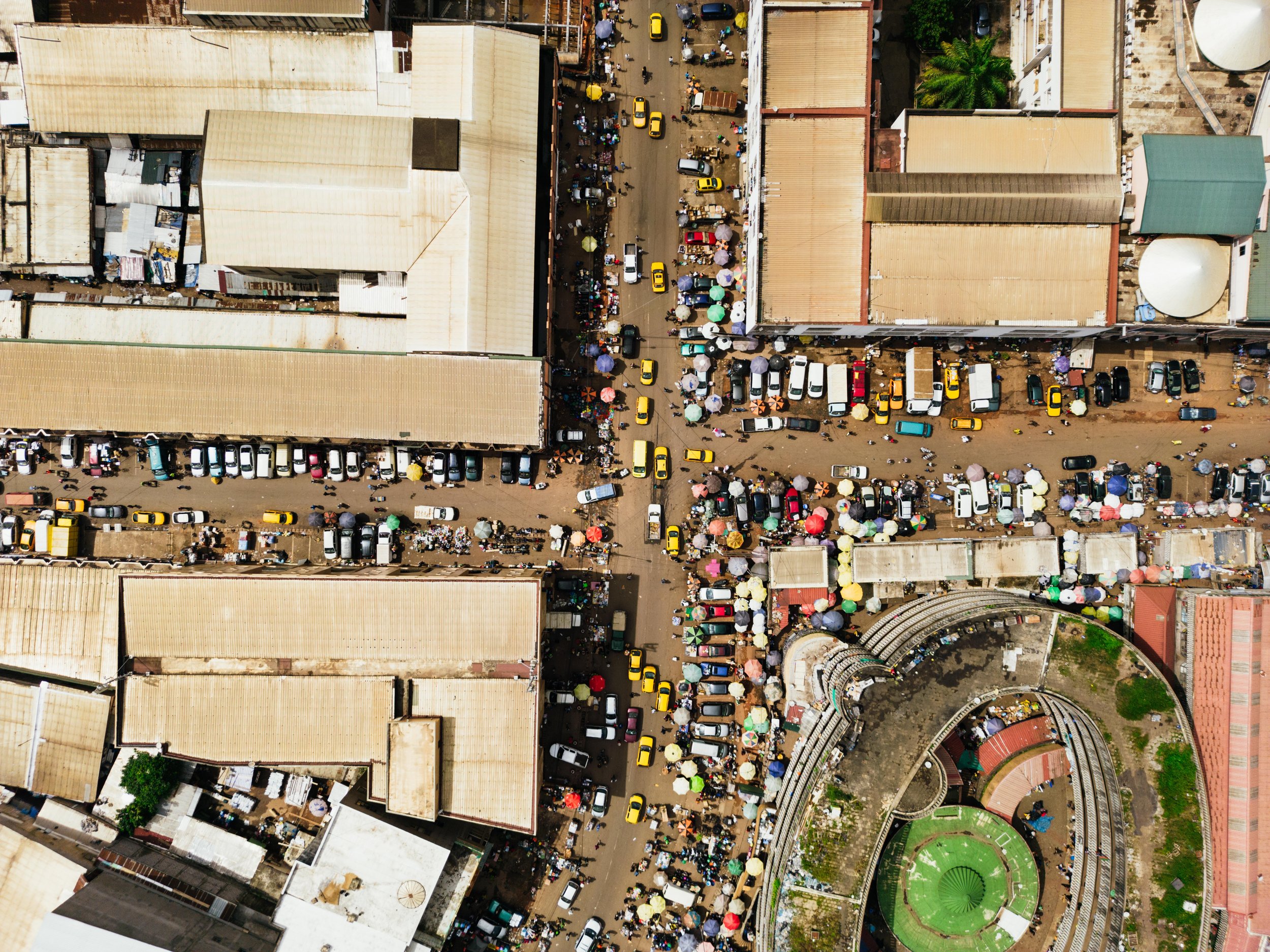Global Health Unfiltered Blog

When Guidelines Don’t Fit: The Hidden Cost of Copy-Paste Medicine in Low-Resource Hospitals
When protocols designed for well-resourced environments are copied into wards that lack staff, equipment, or essential drugs, the result is not safety but paralysis. On paper, everything looks compliant, but on the ground, the system bends under unrealistic expectations.

Rising to the Challenge: Ghana’s Healthcare System
The stark reality of Ghana’s healthcare system was brought into sharp focus during a recent encounter. On the 1st of November, I ordered a ride home from the Korlebu Teaching Hospital. Just three minutes into the ride, the air was pierced by the desperate screams of women from the community in front of the hospital. I witnessed a woman, likely a mother, frantically carrying an unconscious young boy, about seven years old, covered in blood.

How High Taxes Are Blocking Access to Cancer Care in Africa
Imagine having to choose between life-saving cancer treatment and feeding your family.This is the reality for over 1 million new cancer patients in Africa who spend over 2,300 USD on average for treatment every year. Compare this against an average income of 2,156 USD per capita. As an orthopaedic oncologist, I often resort to older, less effective treatments for my patients because newer options are unaffordable due to high taxes, highlighting the financial strain on our healthcare system. Tax policies on healthcare inputs—such as medical supplies, equipment, and pharmaceuticals—significantly hinder access to cancer care and compromise treatment quality. These policies need urgent reform towards universal health coverage.

The Power of Partnership: Global Brain Surgery Initiative in Ghana
I had seen and manipulated human brains during my neuroanatomy dissection but this observership was nothing short of transformative. It not only deepened my understanding of neurosurgical procedures but also underscored the critical role of international collaboration in advancing global healthcare.

Why Millions Face a Healthcare System That Falls Short of Its Promise
Imagine a world where the sanctuaries of healing become the silent arenas of suffering. This is not a dystopian fiction but a reality for millions in the developing world, where healthcare facilities, instead of being safe havens, are fraught with hidden dangers. Over 5 million lives are lost each year to the silent epidemic of poor-quality healthcare—an epidemic that claims more lives than HIV, malaria, and diabetes combined. Yet, it remains a shadowy presence, often overlooked in the global health discourse.

A Ticking Time Bomb: The Urgent Need for CPR Training
Emergencies don’t wait. They strike without warning, and our best defense is preparedness. By investing in CPR training, we are not merely teaching a skill but saving lives. It is a matter of public health urgency. Every individual has the potential to be a hero.

Bridging the Gap Between Prescriptions and Patient Action
Medication adherence is an often overlooked yet crucial part of global health. More prominent issues frequently eclipse it. As we engage in discussions about groundbreaking medical advancements and the latest health trends, the issue of poor medication adherence patiently awaits its moment of recognition.

Brain Drain of African Health Workers: The Good, the Bad, and the Ugly

How COVID-19 Helped to Kickstart a New Public Health Order for Africa

How African Health Systems Can End their Dependency on Foreign Aid

The Future of Medicine is in Africa's Genes
Though improvements in genetic research globally have been impressive, the African continent is lagging behind. This lag is best evidenced by the limited contribution of African genomics to databases - a mere 2%!!! Prof. Wonkam sees this deficiency as a missed opportunity for medicine and science as a whole.